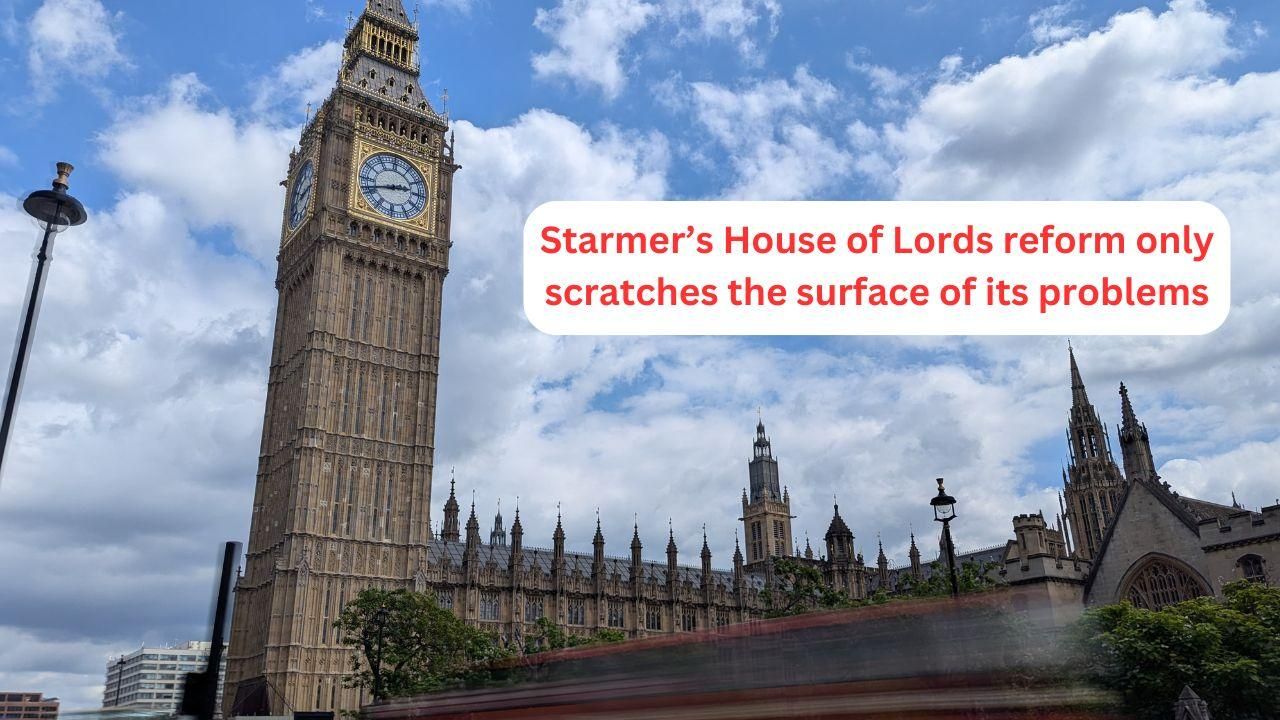Over a million people nationwide are not receiving the £3 billion in benefits to which they are legally entitled.
A group of claimants who already receive benefits but whose needs have increased since they first made their claim and who have not yet got the additional assistance they are eligible to receive has been identified by the Department for Work and Pensions (DWP) based on new data.
The DWP describes the problem as “unfulfilled” benefits, and estimates that the total amount people may be missing out on is about £3.1bn in 2023/24.
This figure has increased by 34.7 per cent in a year – up from £2.3bn – according to former pensions minister Sir Steve Webb.
Previously, the DWP has published separate figures on the number of people claiming each benefit and how much they receive; plus the number of people who do not claim anything but who would be entitled to benefit – and how much these people missing out on.
Now, the DWP has begun to report separately on those whose circumstances have changed, leaving them facing the “unfulfilled” benefits problem.
Sir Steve said: “There is understandable focus on people who miss out completely on benefits to which they are entitled. But this new report shines a helpful light on another reason why people may be missing out on billions of pounds in benefits.
“These are cases where people’s circumstances have changed since they first claimed the benefit and would now be entitled to extra help but have not updated the DWP.”
What are the biggest unfulfilled benefits?
Examples include:
- Someone who makes an initial claim for a disability benefit, but their condition subsequently worsens. They may be entitled to a higher rate of benefit, but many do not apply for this;
- Someone receiving help with rent through universal credit who had not reported an increased rent since they were last assessed;
- Someone whose capital (savings) had run down since they were last assessed and would now be entitled to more benefit.
The three largest benefits accounting for around three quarters of unfulfilled benefit expenditure, are
- Personal independence payment (PIP) at £870m;
- Disability living allowance at £750m
- Universal credit at £730m.
The DWP estimates that this relates to
- 10.9 per cent of PIP claims (more than 300,000 people;
- 25 per cent of disability living allowance claims (about 300,000 people;
- 7.5 per cent of universal credit claims (about 350,000 people).
Including other benefits, this means that more than one million people could be receiving less benefit than they are entitled to.
How do I find out if I can claim more benefits?
Sir Steve said: “I would encourage anyone on a disability benefit whose condition has worsened or anyone on a housing benefit whose rent has gone up to make sure the DWP are aware of their latest situation.
“Anyone on a means-tested benefit who has seen their savings fall since they were last assessed should also update the department.
“We need to ensure that all benefits are paid on the basis of people’s current needs and not their situation months or years ago.”
He added that in the past, estimates of the numbers involved had been “confusingly” reported as “claimant error underpayments” and buried in the general “fraud and error” statistics.



.jpeg)




.svg)


